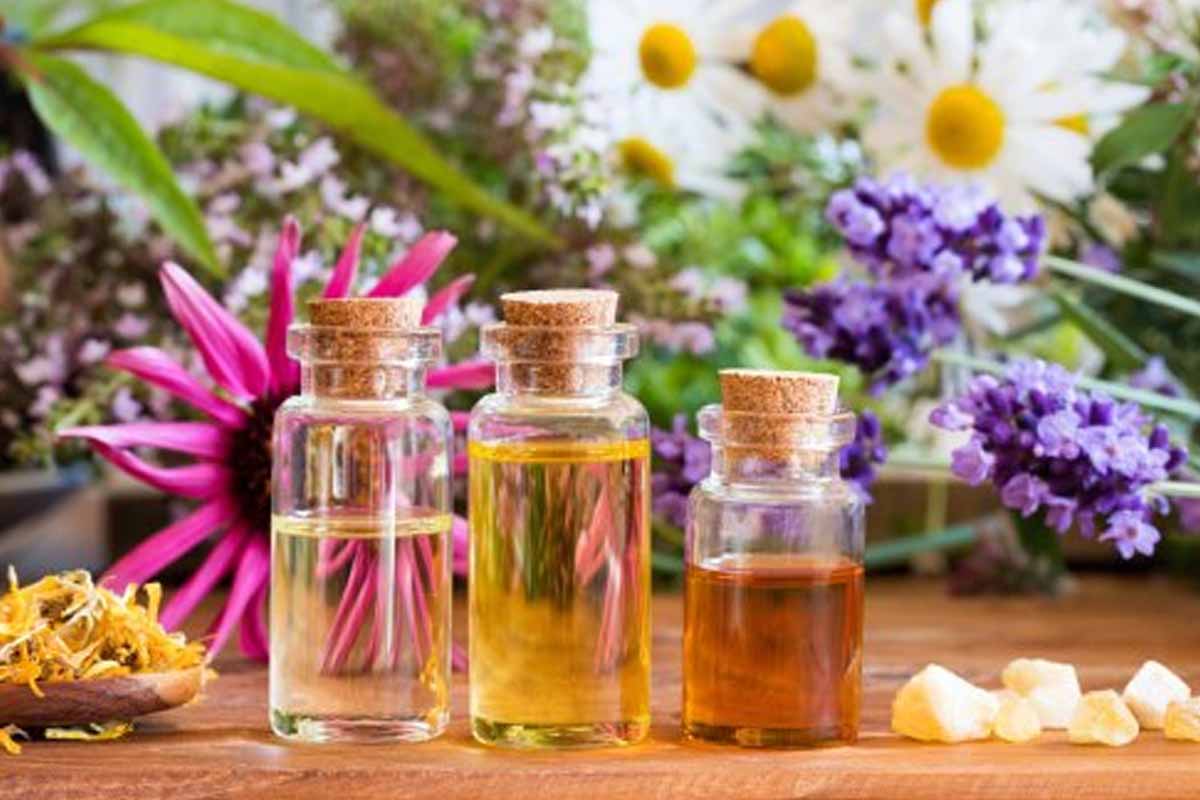Try these essential oils for headaches
Discover relief from headaches with essential oils like Lavender, Lemon, Rosemary, and Peppermint. Harness the power of aromatherapy for quick and natural stress relief.
Some research shows that they can be helpful if you know how to use them the right way. Always check the label and ask your doctor if you’re not sure if they’re OK for you to use.

essential oil (photo-stock)
Using essential oils in your hair care is now a hot trend. Essential oils are extracted from various parts of certain plants. These include leaves, seeds, barks, roots, and rinds.
Makers use different methods to concentrate them into oils. You may add them to vegetable oils, creams, or bath gels. Or you might smell them, rub them on your skin, or put them in your bath. Some research shows that they can be helpful if you know how to use them the right way. Always check the label and ask your doctor if you’re not sure if they’re OK for you to use.
Here are the benefits of some essential and carrier oils:
• Almond oil soothes and moisturizes the scalp.
• Cedarwood oil stimulates the scalp and promotes hair growth.
• Chamomile oil adds shine and softness to hair and soothes the scalp.
• Clary sage oil promotes hair growth and stimulates the scalp.
• Coconut oil softens hair and increases shine.
• Lavender oil deep conditions the hair, keeps it shiny and helps control dandruff
• Moroccan argan oil moisturizes, nourishes, and provides antioxidants to hair.
• Rosemary oil stimulates the roots, improves hair growth, and increases circulation in the scalp.
• Sandalwood oil helps with dry ends and adds fragrance to the hair. You only need a few drops of essential oil. To use essential oils you can mix one or more types in a shampoo or conditioner. Or mix the drops into 2 ounces of carrier oil. Be aware that if you put some essential oils directly on your scalp, they may cause irritation. Read label instructions for how to dilute oils, and never use more than the recommended amount.
Advertisement
Advertisement